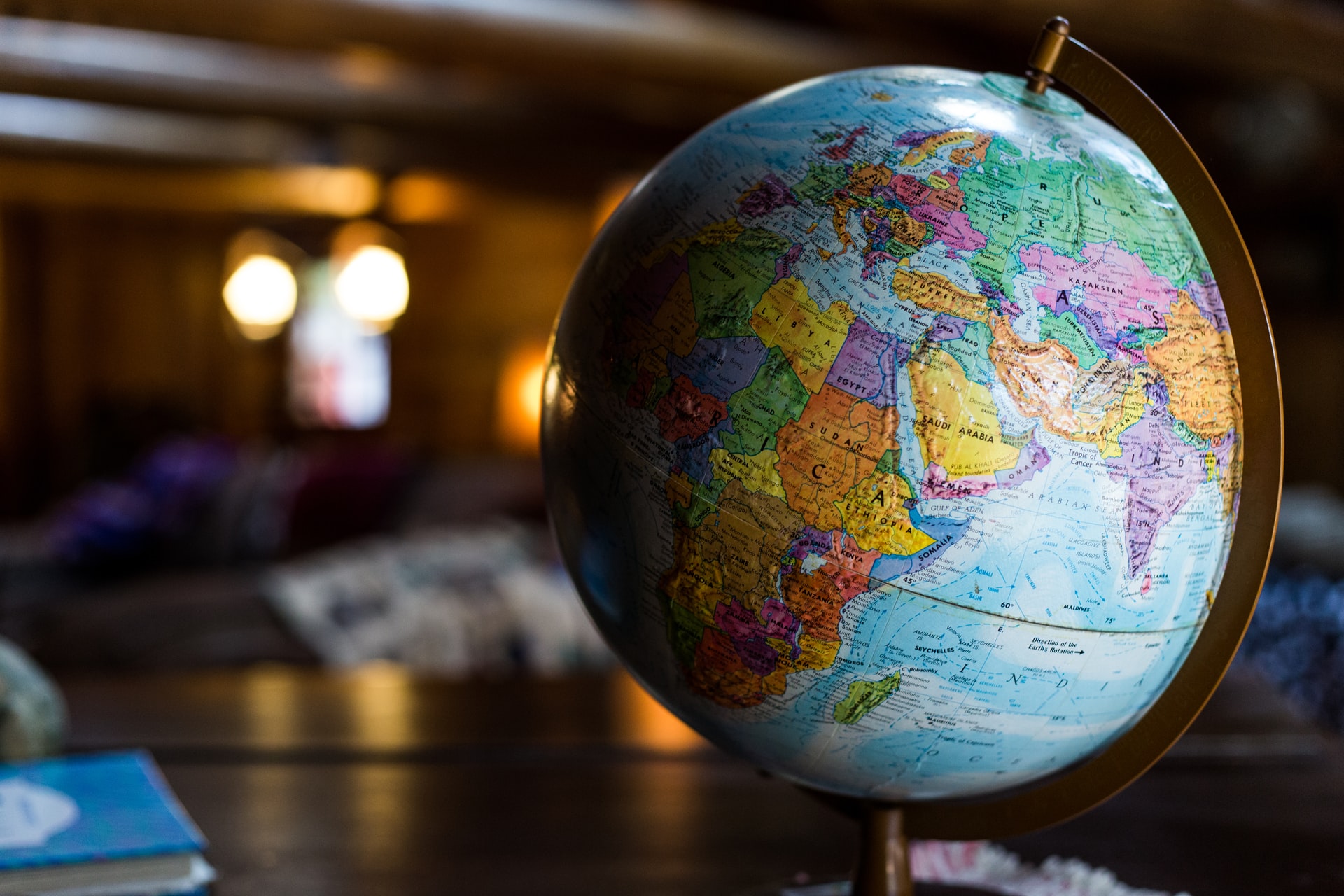Last year’s annual report by the International Monetary Fund (IMF) in October 2019 revealed the top-performing countries in Africa. The largest drivers of the African economy include agriculture, natural resources, and trade. With constant growth, it is estimated that the African economy will reach a GDP of $29 trillion by the year 2050.
According to the IMF, the following countries are the richest in Africa (measured by GDP).
Nigeria ($446.543 Billion)
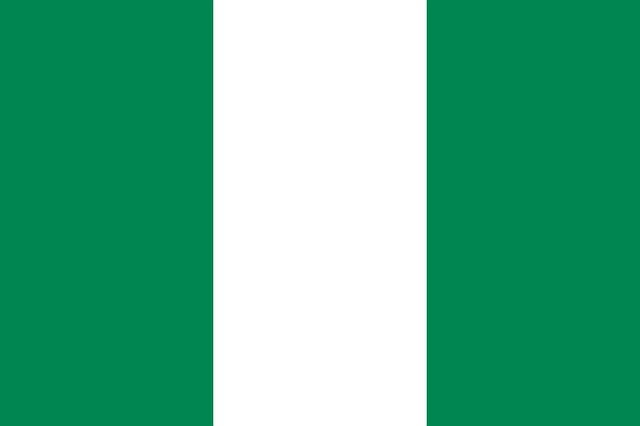
A country with a population of more than 200 million citizens, Nigeria is an essential part of Africa’s economy. For the longest time, the country has been at the top in terms of GDP output. Nigeria is abundantly blessed with many resources that make the country one of the richest countries in Africa.
The West African state remains to be the largest exporter of crude oil in Africa. They record almost 1.6 million barrels a day, according to the Organisation of Petroleum Exporting Countries (OPEC). Exports from Nigeria’s petroleum products are responsible for 10% of the total GDP. Additionally, it surpasses 80% of the revenue in the export sector.
Moreover, the country has other natural resources that drive GDP growth. This includes lead, zinc, tin, natural gases, coal, iron ore, niobium, limestone, and enough land for agriculture. In the agriculture sector, they produce rubber and cocoa. Agriculture is responsible for more than 20% of the GDP and employs almost one-third of the population. Additionally, the country’s tech sector is also growing rapidly.
According to the World Bank, Nigeria’s GDP has been steadily growing by an average of 7% from 2000-2014. However, due to various economic impacts that have been witnessed around the world concerning oil and its production, it has slowed by 2%. This has also been greatly hindered by political instability caused by the Boko Haram, youth unemployment, and many socioeconomic factors.
All these factors combined as well as the impact of Covid-19 and the tensions between the United States of America, Russia, and Saudi Arabia, won’t work in favour of them achieving their growth target.
South Africa ($358.839 Billion)
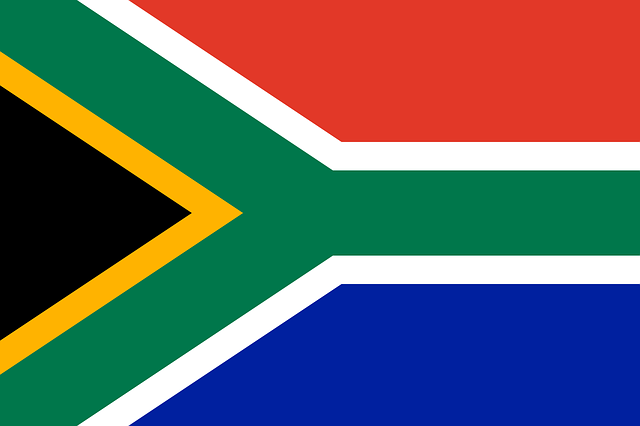
2019 may not have been South Africa‘s year but they still hang in second in the list of the richest countries in Africa. The country was faced with a recession after it experienced back-to-back negative GDP growth in two consecutive quarters. This was due to various reasons but most notable ones included outages of power from old operations. This was caused by their main power generating company known as Eskom.
Traditionally known to be a powerhouse in raw material exports such as iron ore, platinum, group metals, and gold, South Africa has made huge strides and expanded its economy greatly. It is now big in financial services and manufacturing in a bid to stay among the richest African countries. However, due to the recession faced in 2019, South Africa only grew by 0.2%.
The economy in the entire world will clearly face an unprecedented be fall and so will most of the richest countries in Africa post Covid-19.
Additionally, other economic drivers such as tourism and travel, mining and other industries are bracing for unavoidable hits. The slowdown in the economies will definitely bring difficulties that will be faced all over.
Egypt ($302.256 Billion)
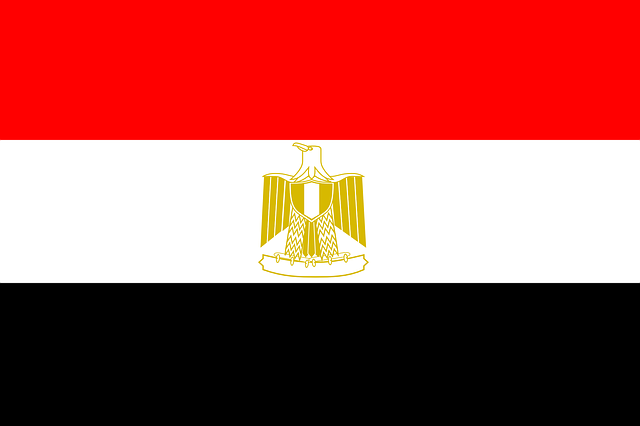
Egypt was considered to be the richest country in Africa for many years but the revolution that took place in 2011 during the Arab uprising slowed things down. Many sectors were not spared and the foreign exchange reserves were badly hit. They dropped from $36 billion by the end of the year 2010 to a low of $16.3 billion in January 2012.
However, the North African state is still the third richest country in Africa. In 2019, the GDP of Egypt grew by 5.6% from 5.3% in 2018. This was mainly due to a program between the Egyptian government and the IMF that was aimed at reforming and bolstering the Egyptian economy. Additionally, they managed to drag down unemployment rates from 9.9% a year before to 7.5%. This was a huge improvement in enabling the North African country to maintain its status as one of the richest African countries based on GDP.
The main drivers of the Egyptian economy include tourism, gas extractives, wholesale and retail trade, construction, and real estate.
Just like South Africa, Egypt has diversified its economy not just from raw materials exports. Around 50% of their GDP comes from service-based employment.
The years to come are bound to be tough for most African nations and Egypt is not an exception. 32.5% of Egyptians live below the poverty line. Therefore, the expected global slowdown will clearly affect the nation.
Algeria ($172.781 Billion)
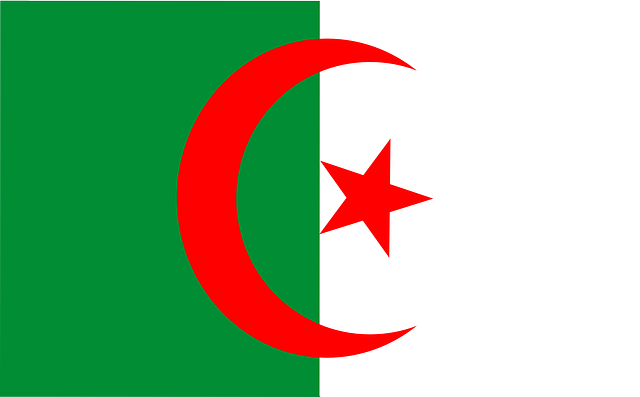
Algeria produces a lot of oil but the country’s economic growth has taken a slow dip in recent times. The country is mainly dependent on hydrocarbons (oil and gas). In fact, this is what makes up almost 70% of the GDP in this country
Scandals in 2019 rocked the hydrocarbon industry that highly threatened to distabilise the industry. Executives of the highest ranks were implicated on charges of corruption.
Others sectors that are crucial to the Algerian GDP include agriculture, construction and public works, commercial services, and industrial works.
In an economy that is highly dependent on oil and natural gas, the country will be bracing itself. The oil prices in recent months have been unstable all over the globe and that is a reason for one of the richest African countries by GDP to be wary of.
Morocco ($199.04 Billion)
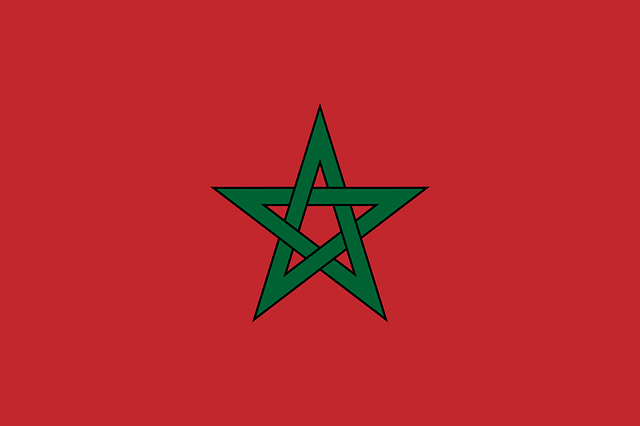
15% of Morocco‘s GDP comes from Agriculture, 30% from industry, and the remaining is derived from services. Additionally, the state is also dependent on the Moroccan automotive industry which had started gearing up. French company Peugeot had hoped to double their capacity of production but that looks like a far fetched dream at the moment. Additionally, telecom and textile sectors bring a lot to the economy too. Moreover, they import phosphates, electrical equipment, transistors, inorganic chemicals, citrus fruits, fish, and vegetables.
However, in the last year, the north African country has seen a stunted GDP growth. They only managed to achieve 2.7% from a possible 2.9% as it had been predicted by the World Bank.
In 2020-2021, the World Bank had set a target of 3.3% but that is unlikely to be achieved due to decreased economic activities that have been caused by the Covid-19 across the globe.
Kenya ($98.607 Billion)
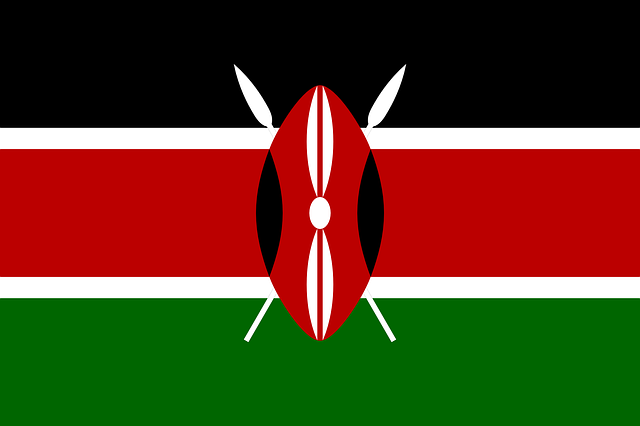
In 2019, Kenya made a huge step towards being one of the richest countries in Africa based on GDP by posting a 5.7% growth. The country has emerged as one of the fastest-growing economies in sub-Saharan Africa.
The prevailing favourable microeconomic environment that was witnessed from 2018-2019 was a huge driver in this growth. Positive investor confidence as a service sector that is on the right trajectory were responsible for this growth in 2019.
Just like many countries in Africa, Kenya is highly dependent on the Agricultural sector. This sector contributes to 35% of the GDP. The main products include maize, tea and coffee. Fast growth was also seen in the technology and financial service sectors.
The industrial sector is still growing stealthily and is responsible for almost 45%-50% of the GDP. Factors that have made this possible include a stable political climate (famously known as the ‘handshake’), renewed confidence from international investors, and the Kenyan government’s Big Four Agenda.
Angola ($91.527 Billion)
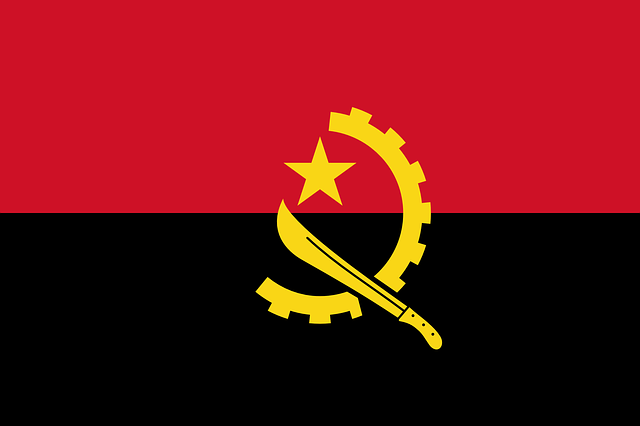
Despite the recent struggles caused by the global oil markets, Angola is considered among the fastest-growing economies in the world and one of the richest African countries.
Angola’s economy is built on oil – one-third of its GDP. Additionally, 90% of the country’s revenue in the export sector also comes from the sale of crude oil.
The state has been busy working on political as well as structural reforms so that they can steady the economy. Moreover, they are busy working with the World Bank and IMF. The two have both promised the southern Africa state $500 million and $3.7 billion respectively.
Since the end of the civil war in the country in 2002, Angola has made tremendous steps towards stability and economic balance. They can achieve unimaginable growth if they work out their policies steadily and effectively as they have been doing.
Finally, with over 54 nations, Africa is clearly a powerhouse in the world of natural resources as well as innovation. Even though the continent is plagued by various social and political issues, there’s clearly a lot of potential and hope that it’s on the right path.


